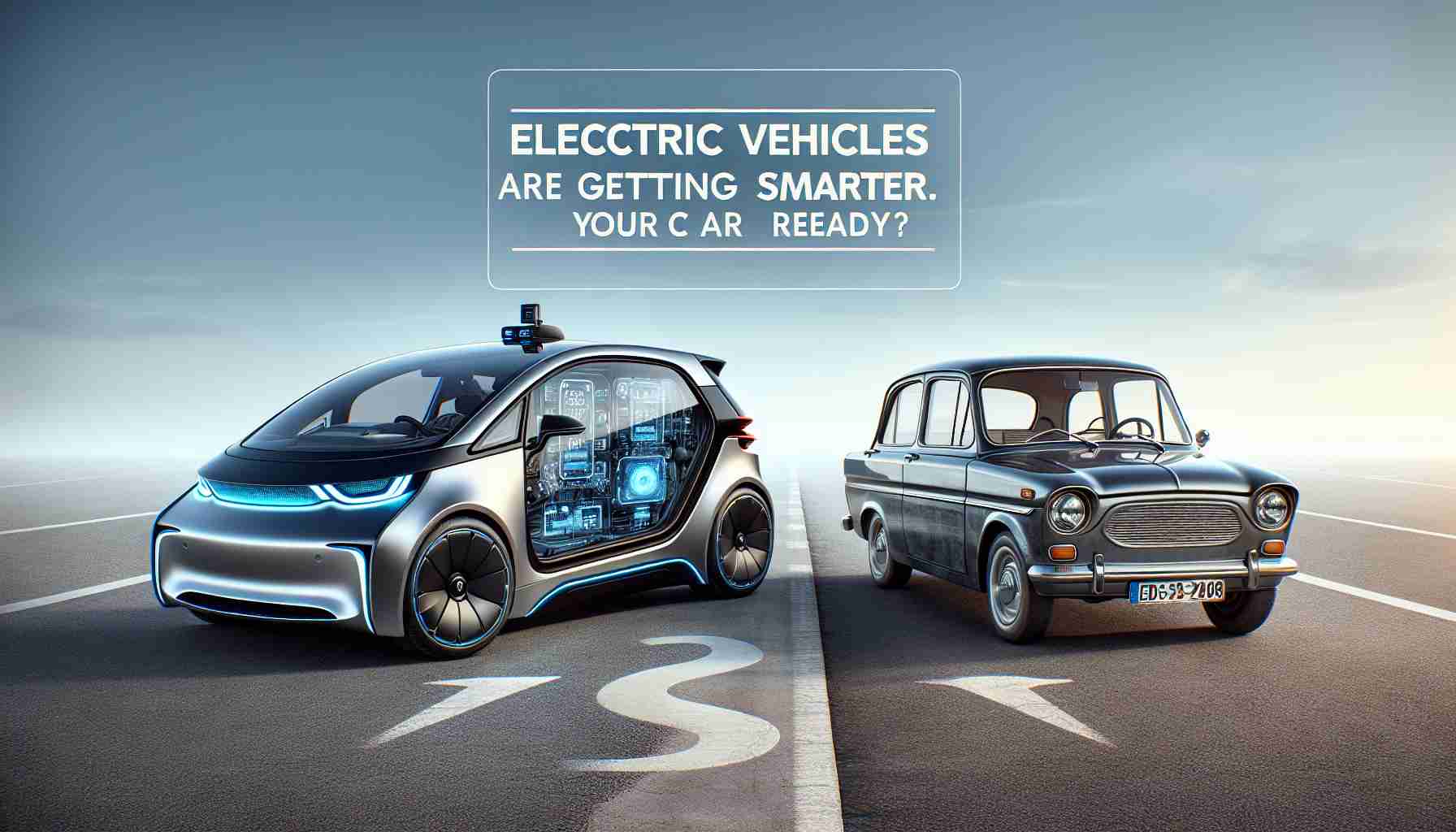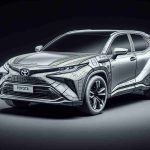As technology advances at breakneck speeds, electric vehicles (EVs) are evolving beyond just being eco-friendly alternatives to gasoline cars. The latest buzz in the automotive industry is about integrating artificial intelligence (AI) and machine learning in EVs to create not only self-driving cars but also vehicles that can predict and adapt to user preferences.
Imagine an EV that knows your daily schedule, anticipates your power requirements, and optimizes your battery usage accordingly. This isn’t a distant dream; companies like Tesla, Rivian, and NIO are investing heavily in AI-driven features. These innovations not only aim to enhance the driver experience but also boost safety and efficiency. For instance, the integration of data from sensors and cameras can enable predictive maintenance, alerting users to potential problems before they occur.
Furthermore, the push to develop solid-state batteries promises to revolutionize EV technology. These batteries are potentially more efficient, longer-lasting, and safer than traditional lithium-ion batteries. As these advancements roll out, they may dramatically decrease charging times, which remains a critical concern for many.
But with these advancements comes the challenge of security. As vehicles become more connected, the risk of cyber-attacks looms large. Automakers are working diligently to bolster cyber defenses, ensuring that the EV of the future remains secure while offering unprecedented convenience and connectivity.
The future of electric vehicles is more than just replacing petroleum-based engines; it’s about crafting intelligent machines that cater seamlessly to human needs in a sustainable manner. Are you ready for this electrifying future?
Revolutionizing Electric Vehicles: AI, Solid-State Batteries, and Cybersecurity Innovations
The electric vehicle (EV) industry is rapidly advancing, transcending the eco-friendly narrative to embrace cutting-edge technologies that redefine user experiences. Among these developments, the integration of artificial intelligence (AI) and machine learning in EVs is leading to a new era of self-driving, intuitive vehicles that cater to personalized driving preferences.
AI and Machine Learning Transformations
Electric vehicles are steadily incorporating AI-driven features designed to elevate the driver’s experience, enhance safety, and improve efficiency. Brands like Tesla, Rivian, and NIO are at the forefront, developing systems that learn user habits and anticipate needs such as route preferences, energy consumption, and battery requirements. This technology leverages vast data inputs from sensors and cameras, enabling predictive maintenance and alerting users about potential vehicle issues before they arise. For an engaging exploration into how Tesla is pioneering these advancements, visit their main website.
Solid-State Batteries: A New Era in Energy Efficiency
Solid-state batteries are set to potentially revolutionize EV technology by offering greater efficiency, longevity, and safety compared to traditional lithium-ion batteries. These innovative batteries promise significantly reduced charging times, a pivotal improvement that addresses a longstanding concern for EV users. As automakers continue investing in solid-state technology, we can expect these advancements to make EVs more practical and appealing to a broader audience.
Security in a Hyper-Connected World
With the increased connectivity in modern vehicles, cybersecurity becomes a critical aspect of new EV developments. As electric vehicles evolve into intelligent machines connected via the Internet, the potential risk of cyber-attacks grows. Automakers are prioritizing the fortification of cyber defenses to ensure that these smart vehicles remain secure, offering convenience without compromising user safety. Strategies to combat these risks include robust encryption protocols and continuous system updates to protect against emerging threats.
The Sustainable Future of Intelligent EVs
The future of electric vehicles involves more than swapping out traditional engines for electric motors. It represents the creation of intelligent machines that integrate seamlessly with human lifestyles, prioritizing sustainability and innovation. As the industry continues to grow and adapt, electric vehicles will not only offer environmentally friendly alternatives but will also transform the way we interact with transportation.
These pioneering advancements mark the beginning of an electrifying era in the automotive industry, where technology aligns perfectly with the evolving demands of modern consumers. Are you ready to embrace the transformative journey of EV innovation?







